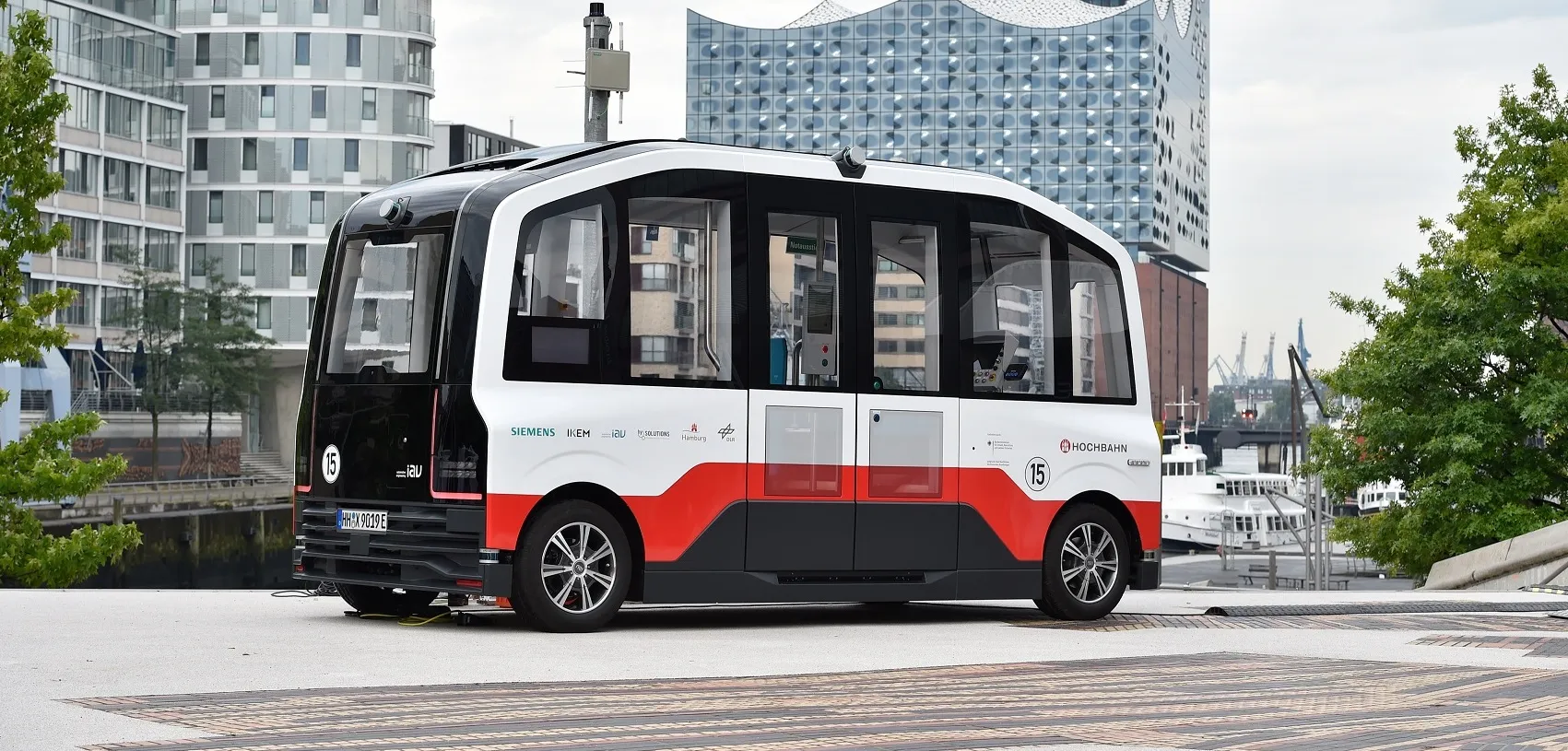Unibuss has received the first of two electric buses (EBs) which will both run on line 74 between Mortensrud and Week, in Olso, Norway. The pilot will gather experiences of the operation and is part of a project that will run six EBs in the future under the direction of journey planner Ruter.
November 6, 2017
Read time: 1 min
Unibuss has received the first of two electric buses (EBs) which will both run on line 74 between Mortensrud and Week, in Olso, Norway. The pilot will gather experiences of the operation and is part of a project that will run six EBs in the future under the direction of journey planner Ruter.
The buses will be used on a test run within the next few weeks before being available to the public.
Both EBs are 12 meters long and will be charged with 300-kilowatt pantographs at the end stops, which the company claims are six times as powerful as regular electric car charging stations and allow buses to be fully charged within five to eight minutes.
A charging station will be located at Mortensrud and in Vika; as well as the Klemetsrud garage so that the buses can charge overnight.










